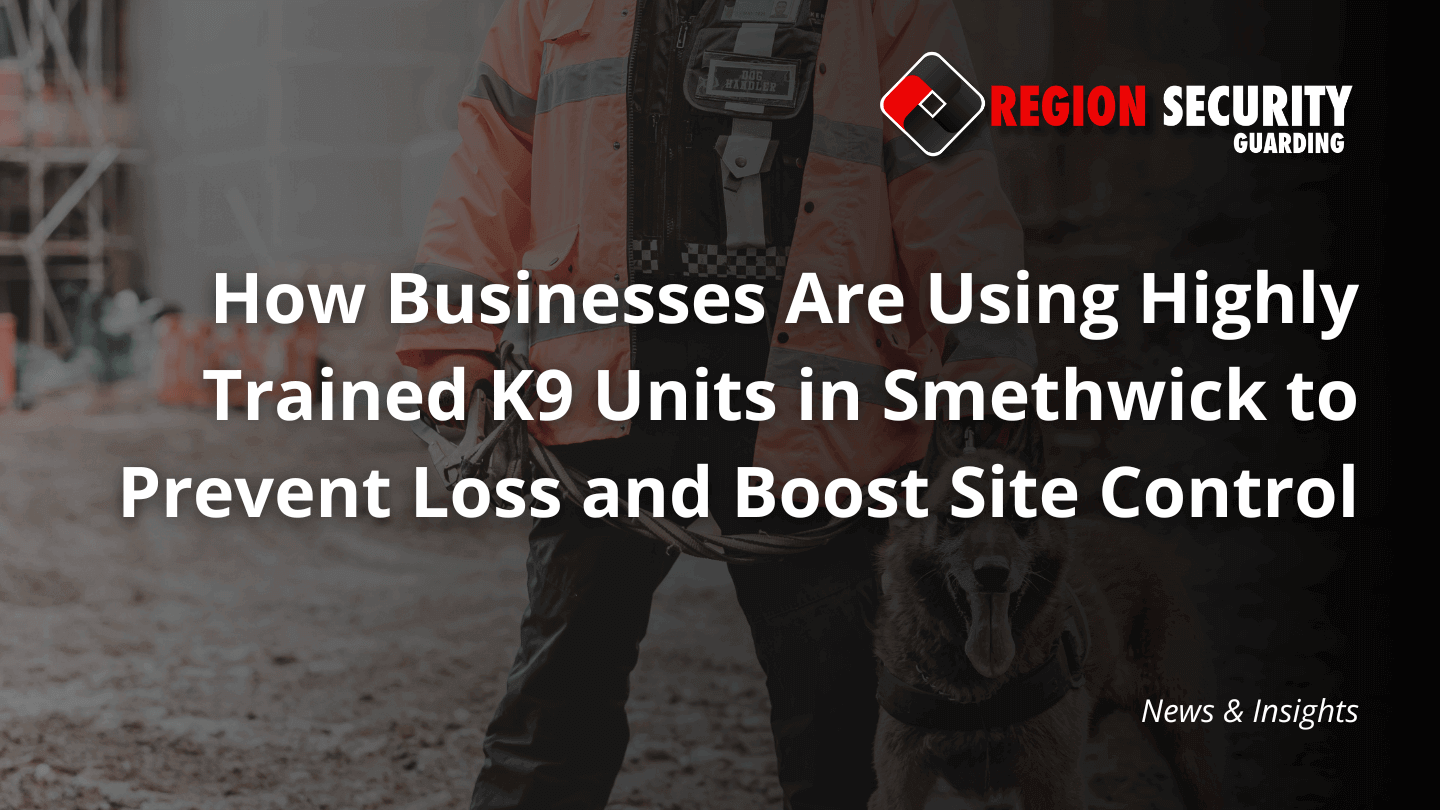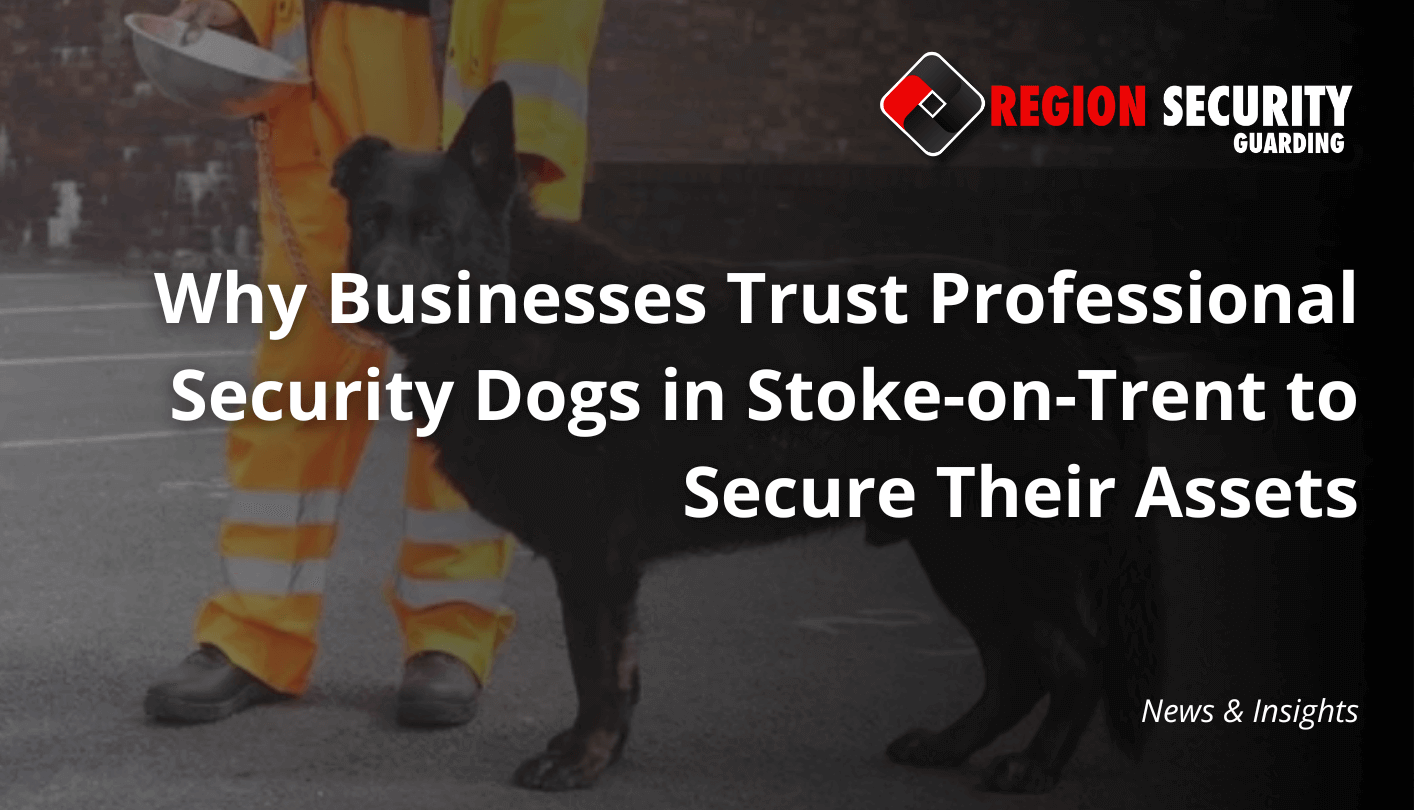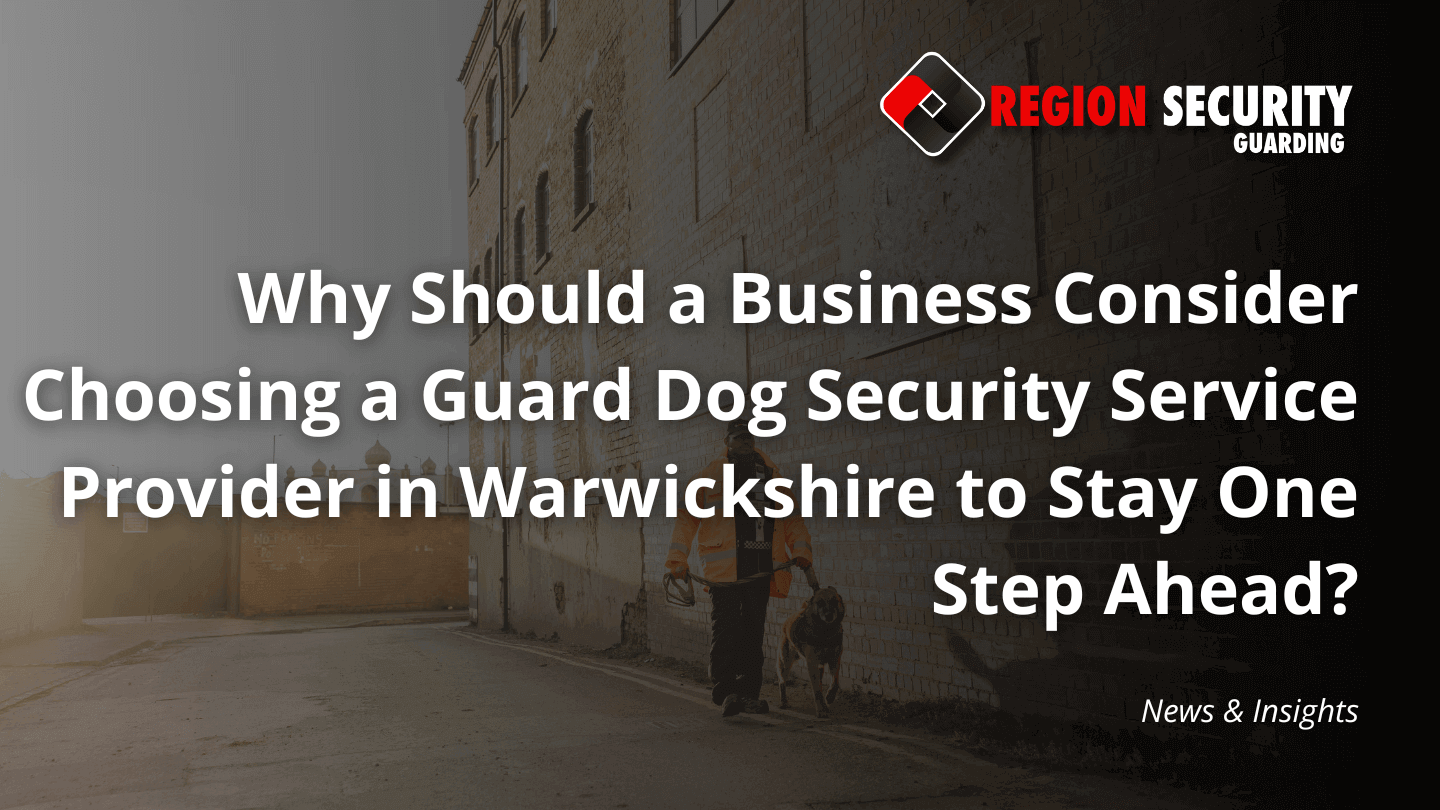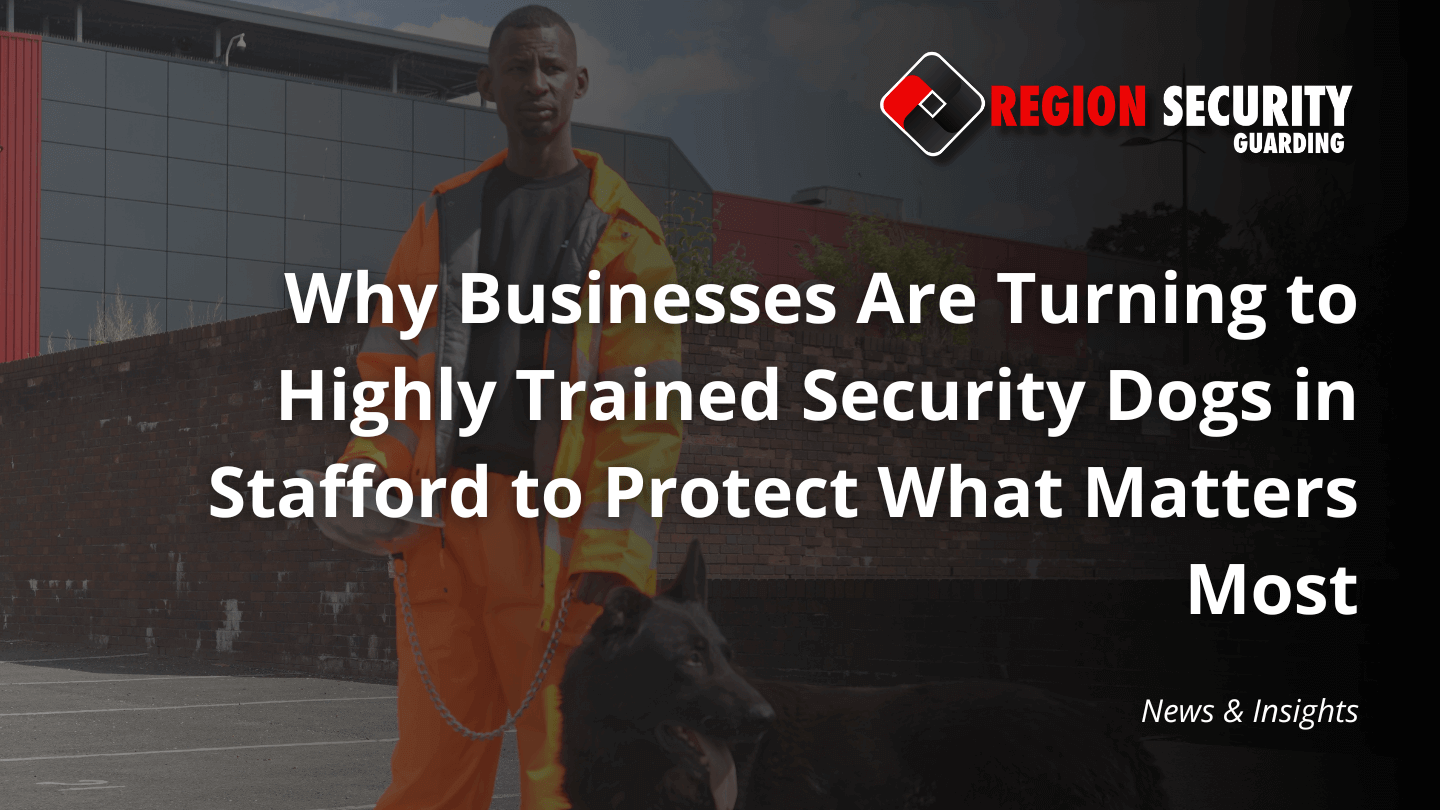Knife crime has become a critical concern for communities, impacting businesses, individuals, and the public’s sense of security. With rising crime rates, particularly in urban areas, it’s essential for the general public to know how to protect themselves, and business owners to know how to protect their employees and assets.
This guide offers practical advice, detailing strategies to enhance safety and deter crime. Whether you’re a business owner or a community member, these steps will help you create a safer environment and build resilience against potential threats.
Table of Contents

Understanding Knife Crime and its Impact
When we look into the ONS’s data tables for the year ending December 2022, we can see there were 49,265 offences involving a knife or sharp instrument. When compared with December 2023, we can see an increase of 0.4% from the previous year. The percentage of attempted murders involving a knife has also concerningly increased from 48% to 50% in the same period. The number of reported robberies involving knives has risen by 16% since the year ending December 2020.
Knife crime impacts more than the immediate victims, often impacting entire communities as well. For businesses, this can mean a decline in customer confidence, an increased need for security, and potential disruptions to daily operations. Beyond financial loss, there’s the added strain on employees’ sense of safety and well-being. These factors emphasise why knife crime prevention measures are crucial.
Creating a Safe Environment for Businesses
Begin by assessing your business’s vulnerability to knife crime. Consider location, hours of operation, and when you are most busy. Identify high-risk areas on your premises, like entry points, quiet corners and parking lots. These are the areas that could benefit the most from enhanced security measures.
Once you have identified what risks your business is exposed to, begin installing measures to help counter them.
Practical tools like surveillance and alarm systems, as well as motion-activated lights can help to act as effective visual deterrents. Additionally, quality surveillance footage can be invaluable for criminal investigations if an incident does happen.
On top of security systems, investing in professional private security services is one of the most effective ways to boost security. Trained guards not only offer a visible presence, but can also swiftly intervene if needed. This helps to provide peace of mind to both staff and customers.
Business Security You Can Rely On
Trusted by leading businesses nationwide for reliable, 24/7 protection.
or call 0330 912 2033

We have used Region security for quite a while now. Top notch service, great guards and helpful staff. We love our guards and the team for all of their help / work. No need to try the other companies at all."
Andy Yeomans - Jones Skips Ltd
Great company, professional services, friendly guards and helpful at times when required."
Rob Pell - Site Manager
A professional and reliable service. Always easy to contact and has never let us down with cover. No hesitation in recommending and competitively priced also. After using an unreliable costly company for several years it is a pleasure to do business with Region Security"
Jane Meier - Manager
Region Security were very helpful in providing security for our building. We had overnight security for around 4 months. The guards themselves were professional, easy to reach and adapted very well to our specific needs. Would definitely recommend Region for security needs.
Lambert Smith Hampton
Great service. Reliable and professional and our lovely security guard Hussein was so helpful, friendly but assertive with patients when needed. He quickly became a part of our team and we would love to keep him! Will definitely use this company again
East Trees Health Centre
Fantastic Service from start to finish with helpful, polite accommodating staff, we have used Region Security a few times now and always been happy with what they provide.
Leah Ramsden - Manager
Educate Staff and Build Awareness
Staff Training
There are additional measures you can take to secure your business and employees. The first is to provide training to staff so they can identify and respond to threats. Teaching them to recognise suspicious behaviours, stay calm, and safely alert security or law enforcement can be vital in ensuring their safety. By empowering employees with this knowledge, you improve their sense of safety, but also contribute to a more secure environment.
Implement De-escalation Techniques
In a confrontation, de-escalation techniques can prevent a dangerous situation from worsening. Train employees to use calm, assertive communication and maintain a safe distance when encountering potentially aggressive individuals. Regular safety briefings or workshops reinforce the importance of emergency procedures.
Establish Emergency Protocols
Create an emergency response plan tailored to knife crime scenarios. Ensure staff know the steps for initiating a lockdown, contacting emergency services, and performing basic first aid if required. Practice these protocols regularly so that employees feel prepared and confident in case of an incident.
Tips to Help You Stay Safe from Knife Crime
1. Stay Alert
Whether you’re actively taking a phone call, using your phone, wearing a hood or have earbuds in, all of these actions will have some impact on your awareness. If you feel unsafe in a particular area, it may be a good idea to ditch all distractions and focus on your surroundings. It also helps to behave confidently in public, looking assertive. It allows you to appear more in control and less like a vulnerable target.
2. Avoid Walking Alone in the Dark
Try to avoid walking alone in areas you are unfamiliar with, or walking during the night. Parks, side streets and quieter areas should be avoided where possible whilst it’s dark. It’s certainly preferable to stick to more populated areas and use public transport where possible. If walking is unavoidable, make sure you keep near well-lit areas that also ideally have CCTV cameras or other devices.
3. Avoid Drug Usage and Drinking Excessively When Alone
It is also a good idea to be aware of your own alcohol and drug usage. These intoxicants can significantly impair your reactions or reflexes, which puts you more in danger if you do end up in an unfortunate situation. Be aware of how much you’re drinking, or at least try to ensure that you are with a group that can provide help if you do end up in a dangerous situation.
4. Hide Valuables
It is always a good idea to keep your valuables out of plain view or easily accessible places. Try to avoid putting important or expensive items in the rear pockets of clothing, or pockets you don’t actively check. Thieves like to target pricey items, like technology, jewellery or any other designer goods. If you keep these goods out of direct line-of-sight, the likelihood of being targeted significantly diminishes.
You should also aim to avoid leaving items such as bags unattended in vehicles. If you absolutely must, then make an attempt to keep them out of view as much as possible. Place them in the glove box, under the seats or in the car boot. This helps to reduce the chances of both your car and other valuables being broken into and stolen.
Finally, if worst comes to worst and you do find yourself in a dangerous confrontation with a thief, throw your items away from yourself and immediately begin running. The chances are that the criminal is far more interested in your personal items than they are in you. Any weapons they carry tend to be for the purpose of scaring you into giving them what they want.
5. Plan Ahead
If you go out with a group of friends anywhere, consider making plans on what to do in the case of an emergency. Cover all the usual grounds, such as what to do if someone gets separated from the group and where to meet up against just in case. Make sure to stick close where possible and avoid being divided.
If walking home alone becomes an inevitability, let someone know that you are heading home. It is also good to let them know what time you should roughly be back by. Either let them know to expect you, or tell them you will text or call when you get back safely. That way, if you don’t let them know you arrived safely, they will know to act on it.
6. Trust Your Gut Instinct
If you are ever in a situation where something doesn’t feel right, attempt to safely remove yourself from it. Our brains frequently use both logic and emotions to make decisions. This often relates back to our alertness of a situation, which is why it is so crucial to be aware of your surroundings.

What Should You Do if You Witness Knife Crime?
In the event that you ever come across someone who has been seriously injured, and is bleeding from an artery, their condition can very quickly become critical. First things first, ensure that the nearby area is safe and make sure there are no immediate dangers.
From here, you should:
- Attempt to talk to the victim: See if they are conscious. Check their vitals and breathing regularly, just in case they begin to deteriorate.
- Sit or lay the injured party down: This helps to make symptoms of shock more manageable. It is also good practice to raise their legs to help regulate blood pressure.
- Call an ambulance: If the person is injured, unconscious, or not breathing, immediately call for an ambulance and begin CPR procedures if required.
- Prioritise stopping the bleeding: Inspect the area of injury to make sure it is clear, if it is, apply pressure to the wound to slow the bleeding. If a knife is still in the wound, or anything is stuck to the wound, do not remove it. This can help to slow the bleeding, despite how painful it might be.
- Reassure the victim: Keep the victim warm and reassure them where you can. Panic is one of the last things you need in a tense situation.
Conclusion
Knife crime poses a serious threat to businesses and the public, but proactive safety measures and community awareness can significantly reduce risks. By understanding knife crime, educating yourself or employees, implementing security protocols, and collaborating with professional security companies, you can create a safer environment for everyone.
Knife crime can be an incredibly sensitive subject, and given the statistics we have seen, it is crucial to be able to protect yourself. If you have witnessed a crime, you can report it to the police to let someone know.
For tailored safety solutions and professional support, consider contacting our team. Investing in security is an investment in your business’s resilience and reputation, ensuring a safer community for all.




